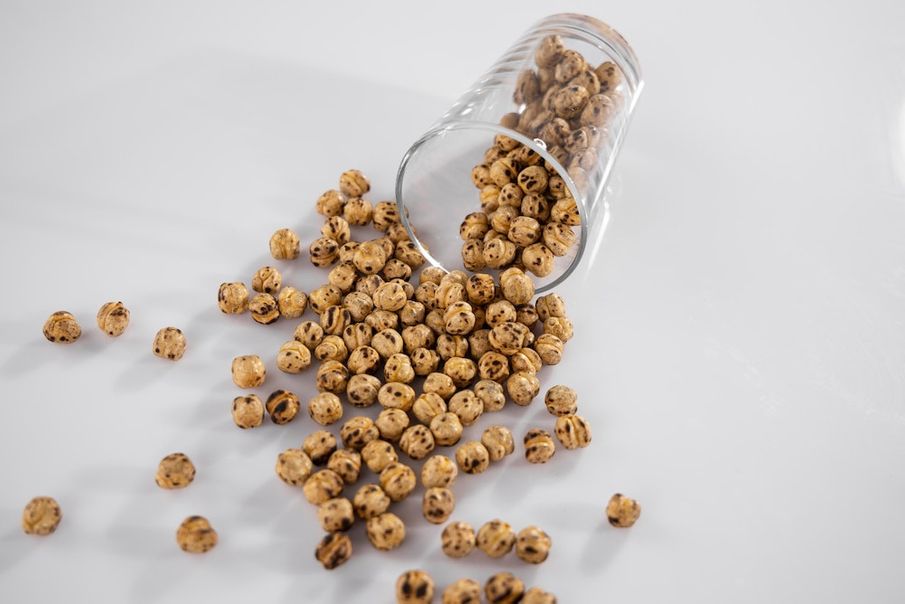Don’t be taken in by false promises! Learn how to spot an unsustainable diet, and prioritise your health and happiness this New Year
We all know the drill. The New Year comes around and suddenly we’re bombarded with ‘New Year, new you’ ad campaigns, promising that the latest diet is guaranteed to transform your body, and your life.
The hard truth is that the majority of diets just don’t work. Not just because they may be factually inaccurate or designed for mass consumption rather than individuals, but also because they tend to prioritise self-punishing, short-term visions over long-term happiness and sustainability.
With the help of registered nutritionist Michaella Mazzoni, we explore four ways to spot a fad diet, so that you can save your time and money, and make real, long-lasting positive change – the right way.
The unreliable source
In this age of information, we have access to a wealth of knowledge at our fingertips. And while this empowers us to find the help and support we’re looking for, it can also be a pitfall when it comes to dieting.
“Consider the source of the information,” says Michaella. “Is the person behind the dietary advice you are about to follow qualified? Is an influencer or company trying to sell you a magic tea that they are going to profit from?”
Spend some time looking into the diet that you’ve just come across, and you may find that all is not exactly as it seems. And although sponsorship deals can be a great way to learn about new products, be wary of hype and overpromises.
The quick fix
“If a diet is promising that you’ll lose more than two pounds per week, close that tab and move on! It’s simply unhealthy to lose large amounts of weight in a short period,” Michaella explains.
It’s something we’ve all come across: the miracle cure that will transform your body in just a few simple steps. But that’s rarely the case. Long-lasting change happens gradually, and is usually tied up in the habits that we drop and embrace in our daily lives, rather than a sudden change.
At one end, ‘quick fix’ diets can result in disappointment and lack of motivation as we don’t see the results that we’re expecting. At the other end, we can verge into unhealthy territory, and put our body through stress that it shouldn’t be under.

Promising body shape changes
The ideal body type changes constantly – just have a quick flick through the history books to see how bodies have been celebrated and demonised in turn throughout time. That said, it seems as though there is no stopping diet campaigns from promising to give you whatever shape is in fashion right now – a feat that is simply not possible.
“While we can change our body fat composition, and work on strengthening particular body parts, there is no magic diet that can dramatically change your body shape, which is determined by your skeletal frame and not your diet,” says Michaella.
When all is said and done, our bodies aren’t fashion accessories, they’re vital vessels that carry us through life, and diets that promise to fundamentally change them not only lack a basic understanding of biology, but also perpetuate beauty standards that, in a few decades, will be a distant memory.
Beware of ‘bad’ foods
“In my book, any diet that encourages negativity around particular foods is not going to be helpful for your mental health and relationship with food,” says Michaella. “Demonising particular foods only encourages feelings of guilt when you eventually do eat a brownie (you’re only human!) which perpetuates diet culture, and makes losing and maintaining a healthy weight difficult.”
And not only that, but different bodies need different things. Rather than following strict rules about what you can and can’t eat, research food types – nutritionist-resource.org.uk has hundreds of expert-written articles for precisely this purpose – and discover a plan that works for your lifestyle, and your body.
Michaella is a nutritional therapist, supporting gut health and offering a practical and realistic approach to nutrition. You can learn more about diet culture and connect with nutritionist at nutritionist-resource.org.uk


Comments